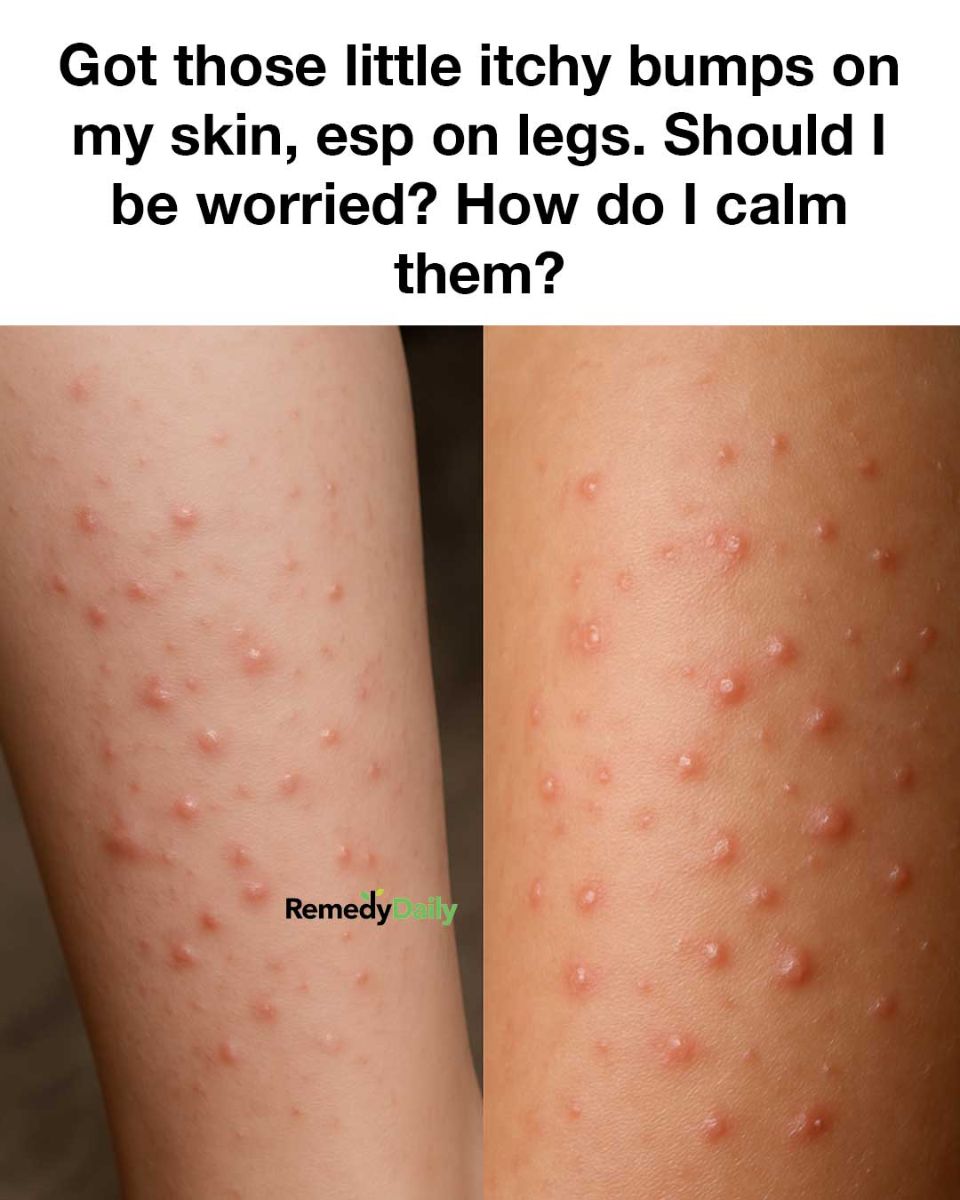Over-the-counter (OTC) treatments can be effective in managing itchy bumps on the skin. Hydrocortisone cream, a mild steroid, can help reduce inflammation and itching. Antihistamine creams or oral antihistamines can also be beneficial in cases of allergic reactions.
For those with dry skin, moisturizing lotions containing ingredients such as ceramides or urea can help restore the skin’s moisture barrier and alleviate itching. It is important to follow the instructions on OTC products and consult a pharmacist or healthcare professional if you have any concerns.
8. Home Remedies for Immediate Relief
Several home remedies can provide immediate relief from itchy bumps. Applying a cold compress to the affected area can help numb the skin and reduce itching. Baking soda paste, made by mixing baking soda with a small amount of water, can also be applied to itchy areas to soothe irritation.
Apple cider vinegar, diluted with water, can be dabbed onto the skin with a cotton ball to help balance the skin’s pH and reduce itching. It is important to patch-test any home remedies on a small area of skin to ensure there is no adverse reaction.
9. Preventive Measures to Avoid Future Outbreaks
Preventing future outbreaks of itchy bumps involves identifying and avoiding triggers, maintaining good skin hygiene, and keeping the skin moisturized. Regularly washing bedding and clothing in hypoallergenic detergents can help reduce exposure to allergens.
Using a humidifier during dry months can help maintain skin moisture levels, while wearing loose-fitting, breathable clothing can prevent irritation. It is also important to protect the skin from excessive sun exposure by using sunscreen and seeking shade when necessary.
10. Lifestyle Changes for Healthier Skin
Adopting certain lifestyle changes can promote healthier skin and reduce the likelihood of itchy bumps. Staying hydrated by drinking plenty of water helps maintain skin elasticity and moisture. A balanced diet rich in vitamins and minerals, such as vitamin E and omega-3 fatty acids, supports skin health.
Regular exercise can improve circulation and promote the delivery of nutrients to the skin. Managing stress through techniques such as meditation or yoga can also have a positive impact on skin health, as stress can exacerbate certain skin conditions.
11. Myths and Misconceptions About Itchy Skin
There are several myths and misconceptions about itchy skin that can lead to ineffective treatments or unnecessary worry. One common myth is that all itchy bumps are caused by poor hygiene, when in fact, many are due to medical conditions or environmental factors.
Another misconception is that scratching will help relieve itching, but it can actually worsen the condition by causing further irritation or infection. Understanding the true causes of itchy skin and seeking appropriate treatments is essential for effective management and relief.
